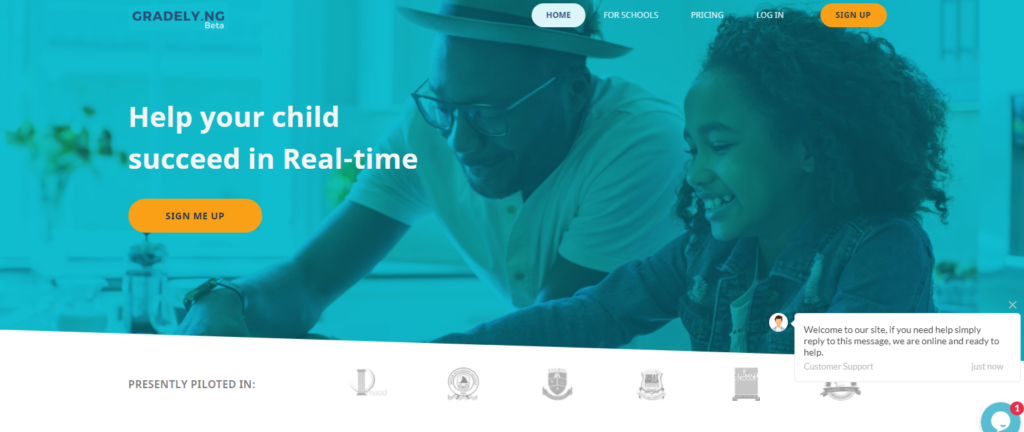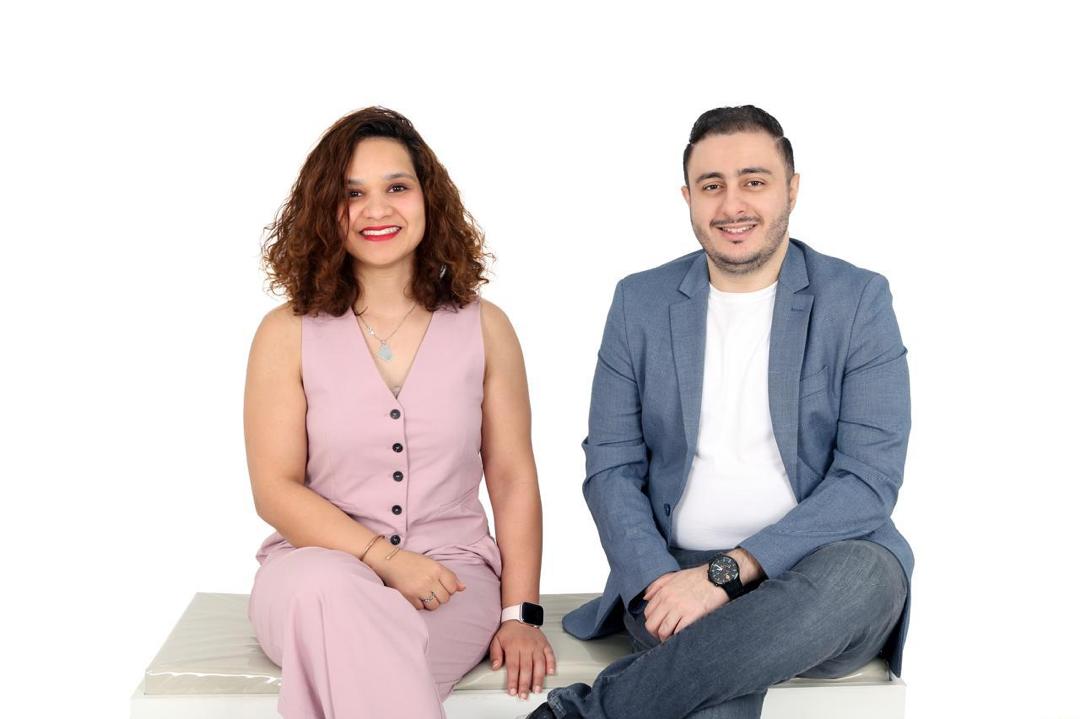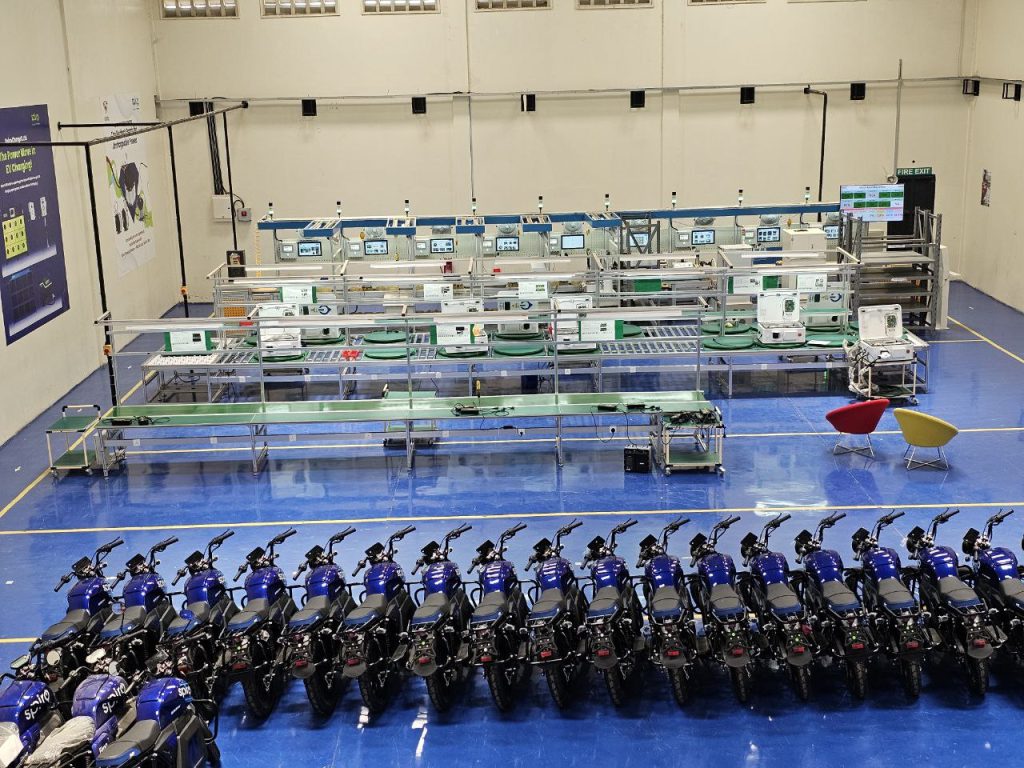There’s no bigger sign of these unusual times than the fact that recently, Google’s edtech app, Google Classroom was trending on social media. As a lockdown in many countries becomes the new normal, edtech apps might be the biggest beneficiaries.
Before now, edtech apps have always been an add on to classroom learning, but for now, they’re the only way to learn.
In Lagos, some schools are using Google Classroom and Zoom, but a new edtech company, Gradely is proposing that, for teachers and students, there is a better way to teach and learn.
Gradely is an educational technology company that helps schools and parents deliver a personalised learning experience for K-12 students in Nigeria. I found GradelyNG on Twitter on Wednesday morning with their campaign to give one-month free access to new users.
Gradely will be competing in a space which has uLesson and SimbiBot. While it offers personalised learning for students and gamifies some of its learning, the company says its advantage is that it gives teachers more to work with.
Gradely is solving the problem of the blank slate
On a phone call with the company CEO, Boye Oshinaga, he shares that one of the problems Gradely solves is an absence of content. Apps like Zoom and Google Classroom solve the problem of connectivity, but they do not reduce the workload.
“Apps like Google Classroom are empty, they don’t have content teachers can work with, but when they use our platform, they have hundreds of questions to choose from”
He highlights one of the free features of Gradely: a tool which helps teachers with homework for their students. It is this free homework tool which they’re marketing to schools.
“Our strategy is to give these schools a few tools for free and then use this knowledge to know what the kids are doing. Then we offer parents other tools to help close whatever learning gaps their kids have.
The kids will be able to learn with Gradely’s adaptive learning technology. It means that tasks become more complex as they solve them, increasing the learning challenge and making the app sticky.

But before all these, I ask how Gradely wants to work around internet connectivity, that age old problem which many edtech apps have had to struggle with.
Building for the future
Gradely’s CEO, Boye Oshinaga says he has been working in the edtech space since 2012 so the problem of internet connectivity is not new to him.
“In 2012, I started a different version of Gradely and at the time, the internet penetration was about 12%. People didn’t have access to the internet so we created a way they could learn with their DVD players and they could use their remote to choose options”
Boye thinks it is important to build for the future and uses Netflix as an example of what is possible when we look beyond the present. He is optimistic that as Nigeria’s internet users are projected to reach 187 million by 2023, their software will be able to reach a good segment of that number.
Beyond optimism, the company’s approach is to make some of its features data light. The practise sessions use little data and the downloadable videos also have transcripts.
“In our tests of the software, we haven’t had any issues with internet connectivity, but maybe we have been lucky. “When it comes to online tutoring, we’re using video conferencing tools that are great at conserving data.”
Gradely also offers online tutoring, a feature which is a big part of their business and targets parents with dedicated internet solutions.
Other players in the space are solving the problem differently: with uLesson using hardware which keeps data costs low and SimbiBot creating content that is accessible offline.
In the end, while Gradely says it is building for the future, it will first need to focus on solving the problems which present themselves now.




















